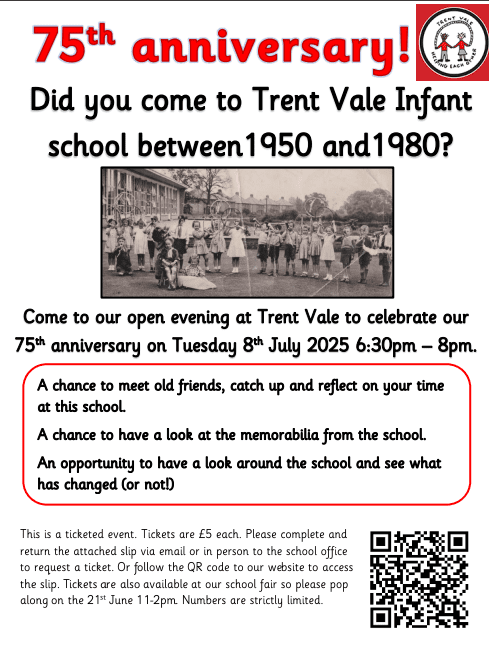Curriculum Drivers
- We have 3 curriculum drivers that shape our curriculum.
- They come from an exploration of the backgrounds of our pupils, our beliefs about high-quality education and our values.
Possibilities
- Teachers and parents need to have high aspirations for the children. Children need to feel confident and have high aspirations for themselves. They need to believe that anything is possible. To do this they have to have a good understanding of what is beyond school and develop a solid work ethic in order to get there. Informing children of the possible job roles, vocations and opportunities in society and the path they need to take to fulfill these ambitions is an integral part of school life. Small steps lead to bigger strides towards reaching goals.
Responsibility
- We strive for children to have a strong sense of themselves and to understand what is right and wrong and why. We help children to relate to and help others: acting on somebody else’s behalf if they need it. Alongside this we believe that children should have a strong sense of responsibility and duty to the world in which they live and to protect, sustain and future proof our environment. Even the smallest act can make a difference.
Community
- The local unique environment and the deep sense of local community plays an important role in the life a child at TRF and is the bedrock to family and school life. We want children to understand the history of the community, and also appreciate the rich cultural diversity within it today. We strive for all children to have a strong sense of pride in their locality and the people within it. We enjoy giving back to our community and aim for our children to be able to contribute positively to their local area. By being part of and contributing to a strong local community children will develop into positive citizens within the global community as they grow in to adults.
CURRICULUM INTENT
Every child who comes to the Trent Rylands Federation is unique. They come to school with their own combination of experiences, understanding and learning which is our job, and privilege, to build upon. Children are at the heart of everything we do and we believe that every child has the right to make the absolute most of their abilities and be the best version of themselves.
We aim to enable our children to overcome any barriers they face, including any social disadvantages they might experience both in primary education and beyond. We seek to nurture every child to have high aspirations for their present and future and equip them to have the resilience, tolerance and moral purpose to be successful and happy citizens in the 21st Century.
We will ensure that our children will develop strong social skills and an understanding of how to interact positively and confidently in different contexts. Our focus on oracy and vocabulary will enable children to build their expressive vocabulary and speaking and listening skills.
Our ambitious curriculum is carefully planned and structured to help children know more, remember more and instil a culture of learning. It is an expectation that every member of the school community will share the same high expectations and aspirations for ALL our children, striving for every child to achieve their individual potential. We endeavour to inspire a love of reading, writing and discussion throughout all subject areas. High quality first teaching is expected and modelled in all subjects making use of the whole environment to facilitate learning.
At TRF we recognise that the core subjects of reading, writing and maths are the gateway to the rest of the curriculum. We value early reading success in learners, and understand that if children cannot read effectively, this limits their access to the full breadth and width of the curriculum. Our Early Reading Policy (which states the approach to early reading and decoding is through the teaching of sequential synthetic phonics) threads through all our curriculum plans as we aim for all our children to be confident, happy, lifelong readers.
Quality texts fully engage our children and allow solid connections across all subjects ensuring a broad and balanced curriculum. We employ a thematic based approach across the federation and have a sequenced two year cycle that maximises learning opportunities by revisiting learning, committing knowledge to memory and extending learning further. Learning has purpose and meaningful links are made between the subjects taught.
We believe that education should take place in a fully inclusive environment with equal opportunities for all, where children feel safe to try new things. Every child has a broad and balanced curriculum, that is not narrowed in any way.
The curriculum also includes experiences of ‘cultural capital’, which can be described as students being given an awareness of the world around them, this includes Social, Moral, Spiritual and Cultural experiences . British Values are woven through the full scope of all curriculum provision, making sure that children understand explicitly what the five agreed values are, as well as having an age appropriate knowledge of what they mean and look like in practice. At TRF we will always aim to ensure we can offer diverse curriculum enhancement experiences for our children both as part of the planned curriculum as well as extra-curricular activities. We believe that all children should access high quality sports, cultural, musical and academic experiences, that are accessible to all equally, both in and also beyond the classroom.
Legislation and guidance
Our curriculum reflects the requirements of the National Curriculum programmes of study.
It also reflects requirements for inclusion and equality as set out in the Special Educational Needs and Disability Code of Practice 2014 and Equality Act 2010, and refers to curriculum-related expectations of governing boards set out in the Department for Education’s Governance Handbook. In addition, our curriculum acknowledges the requirements for promoting the learning and development of children set out in the
Early Years Foundation Stage (EYFS) Statutory Framework 2021.

